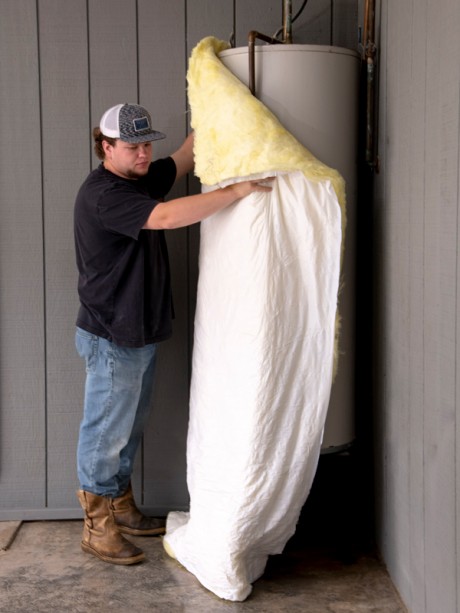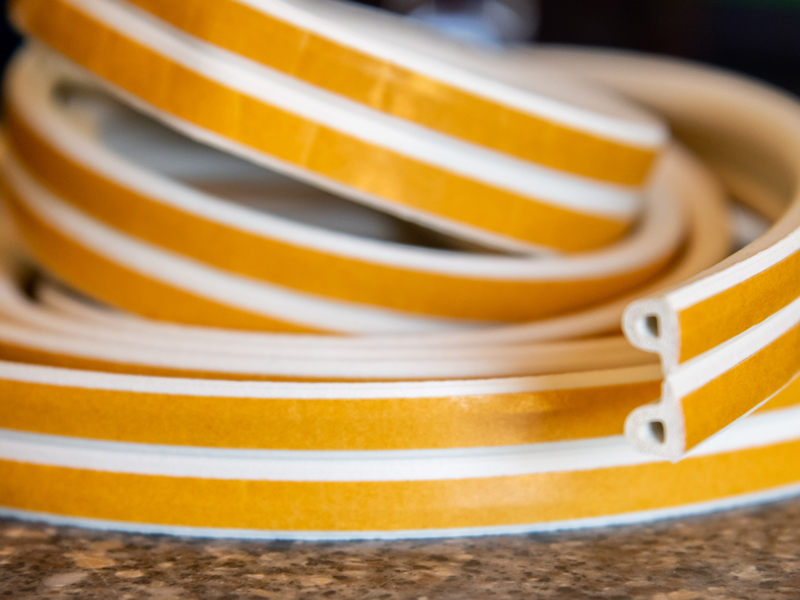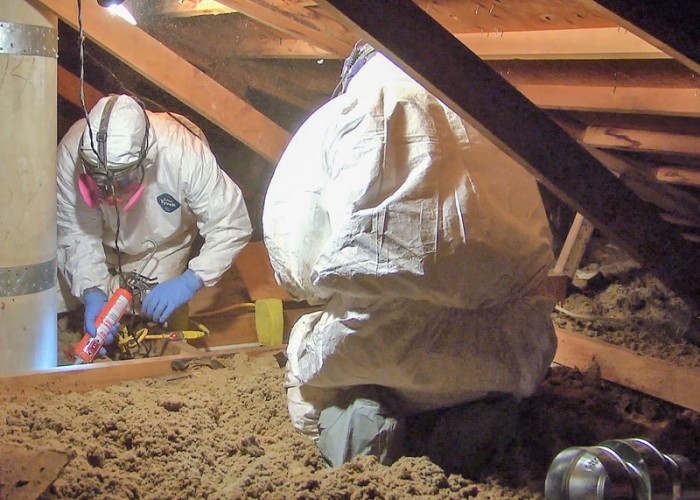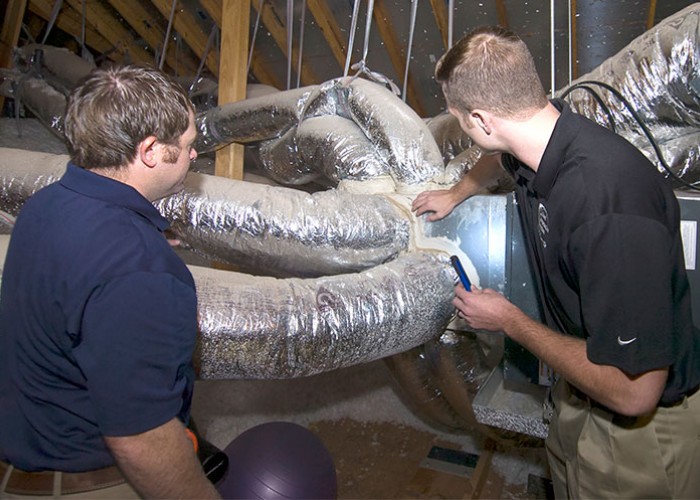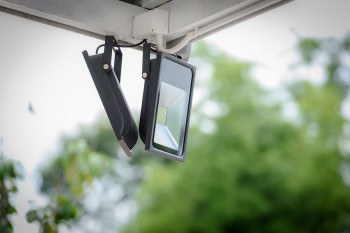Winterization Tips for Energy Savings
Ensure your home is tight and ready for colder weather
By Miranda BoutelleAs the weather outside is increasingly frightful, winterizing is an important step to keep your home delightful (while lowering your energy bills). These tried-and-true methods will ensure your home is sealed tight and ready for colder weather.
Keep the heat in hot water
You can raise the water temperature inside your home’s water pipes by 2 to 4 degrees by insulating, according to the U.S. Department of Energy (DOE). Insulating allows you to turn down the heat on your water heater, saving energy and money.
Start by insulating the pipes coming out of your water heater. If you have a gas water heater, keep pipe insulation at least 6 inches away from the flue. Insulate hot and cold water lines. The latter can prevent condensation and freezing pipes. Insulating your water heater can save 7% to 16% on water-heating costs, DOE says. Insulation kits are available at hardware stores. Don’t obstruct the pressure relief valve, thermostats or access valves.
Eliminate leaks
Air sealing and insulation are a great combination for minimizing home energy use. Insulation is like a warm sweater for your home, and air sealing is the wind breaker. All the cracks, gaps and holes in a typical home can be like having a window open year-round. Air sealing with caulk eliminates those leaks. It can be done as a do-it-yourself project or by a professional.
Improve windows
Windows can be a source of drafts and wasted energy. Close windows tightly.
Add weatherstripping around windows to prevent warm air from escaping your home and caulk the gaps where the window trim meets the wall and the window frame. Add curtains to make the room feel warmer.
Storm windows are a lower-cost option for upgrading single-pane windows. They are available with low-emissivity coatings, which insulate better, and are available for installation either from the inside or outside of the window.
Keep fireplaces efficient
When I was little, my dad told me it was too cold to have a fire. I remember thinking that made no sense, but he was right.
We had an open, wood-burning fireplace — not a wood stove. A fireplace can draw the warm air out of the house, cooling it down or causing your heating system to use more energy.
Your fireplace adds ambience to your home but isn’t necessarily effective at heating it. If you have a wood-burning fireplace, close the damper when your fire is extinguished. An open damper in the winter is an easy exit for the air you paid to heat.
Adding tempered glass doors to a wood-burning fireplace can create an extra buffer between the cold outside and a cozy living space.
Some gas fireplaces require a damper to remain permanently open so gas can vent out of the home. Check the specifications of your unit to ensure safe operation.
Close rooms correctly
Through the years, I have heard a lot of debate about closing off rooms or parts of the home to save energy.
Best practices come down to the type of heat source. If you have a zonal heating system, where individual areas are controlled separately, you can close doors and only heat the areas you use. Examples of zonal systems are wall heaters, baseboard heat, hydronic radiant heat, radiators and ductless heat pumps, also called mini-splits.
Keep areas with plumbing or water lines warm enough so pipes do not freeze.
If you have a central forced-air heating system, leave doors open to all heated areas. Closing doors and/or register dampers forces the system to work harder, uses more energy and can shorten the life of heating equipment.
Check your filters
Maintaining a clean filter in your furnace is one of the best ways to keep it running efficiently and prevent costly repairs. Check your furnace or ductless heat pump filter monthly during peak heating season.
-
More tips for home energy savings
-
Share this story:

